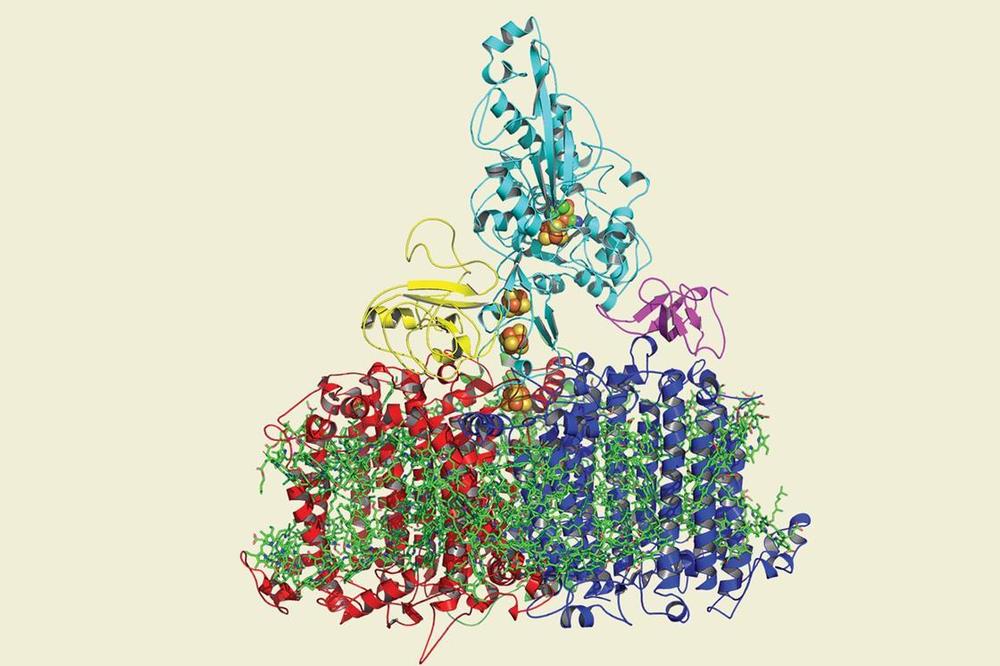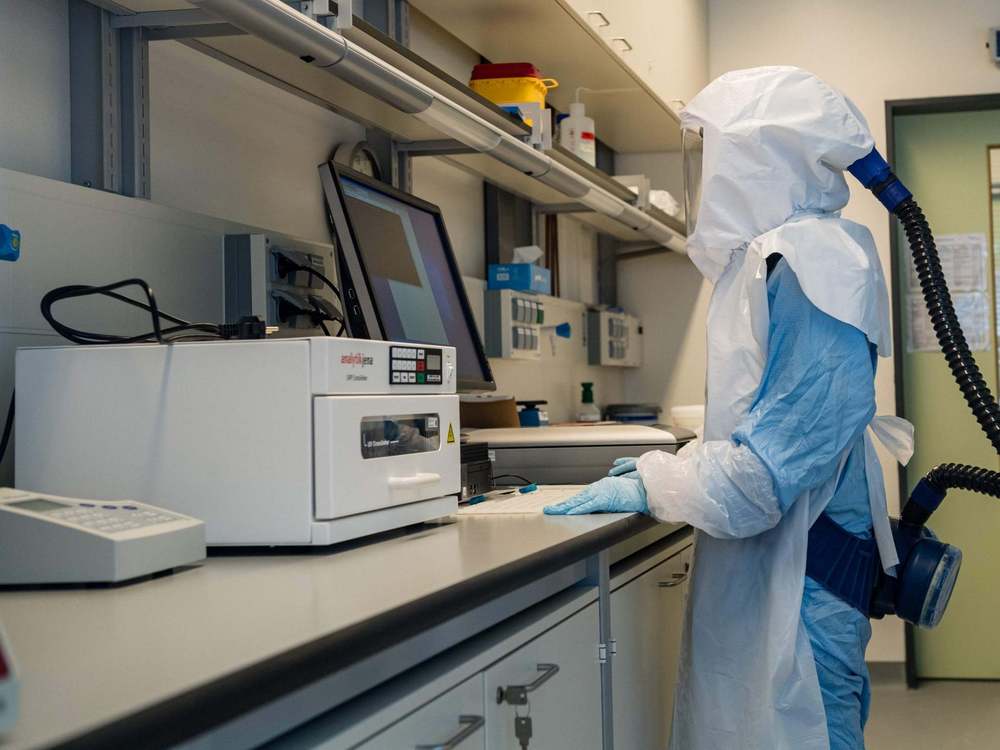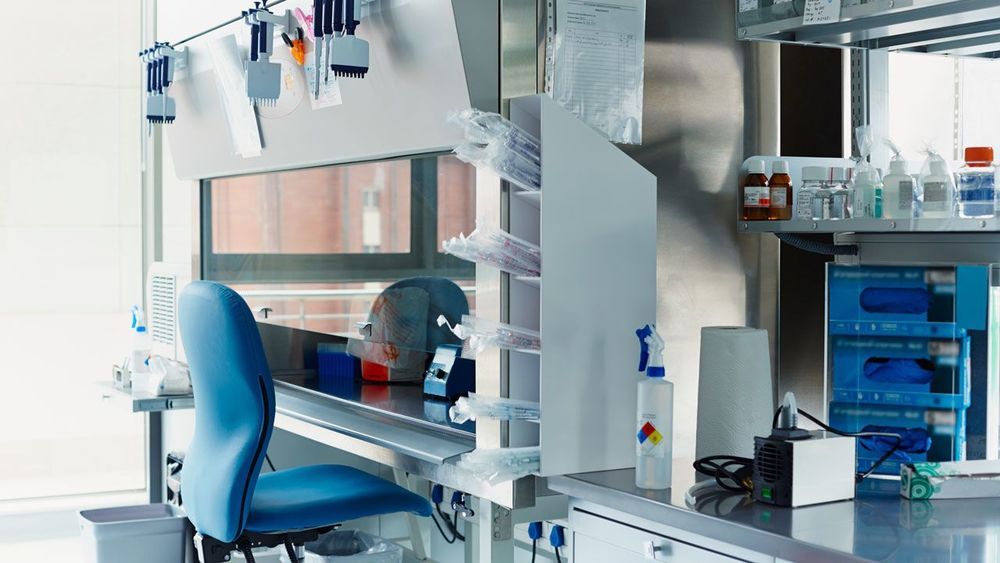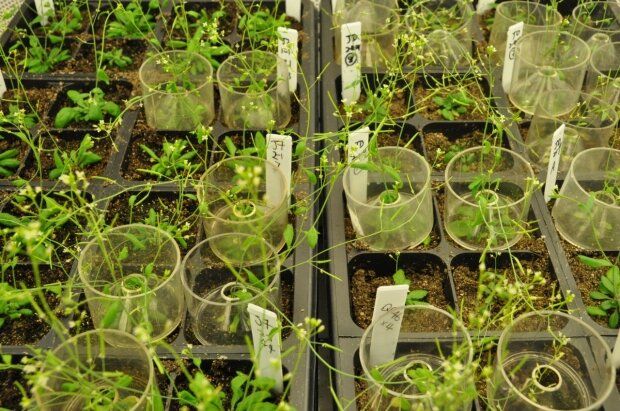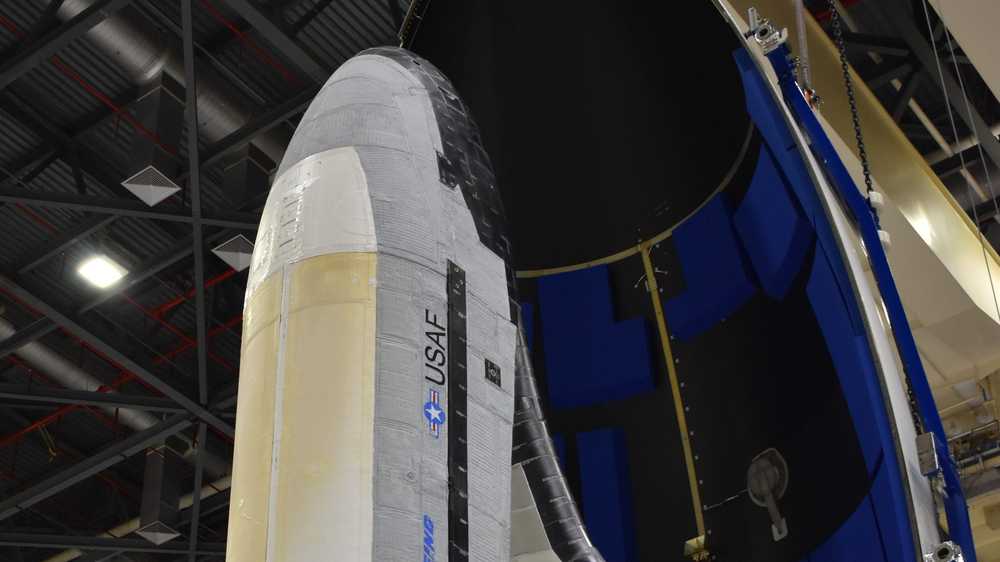
A new study from researchers at North Carolina State University suggests that a material consisting of a polymer compound embedded with bismuth trioxide particles holds tremendous potential for replacing conventional radiation shielding materials, such as lead.
The bismuth trioxide compound is lightweight, effective at shielding against ionizing radiation such as gamma rays, and can be manufactured quickly—making it a promising material for use in applications such as space exploration, medical imaging and radiation therapy.
“Traditional radiation shielding materials, like lead, are often expensive, heavy and toxic to human health and the environment,” says Ge Yang, an assistant professor of nuclear engineering at NC State and corresponding author of a paper on the work. “This proof-of-concept study shows that a bismuth trioxide compound could serve as effective radiation shielding, while mitigating the drawbacks associated with traditional shielding materials.”

